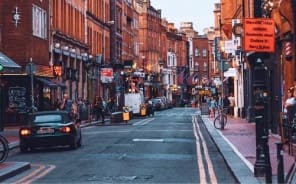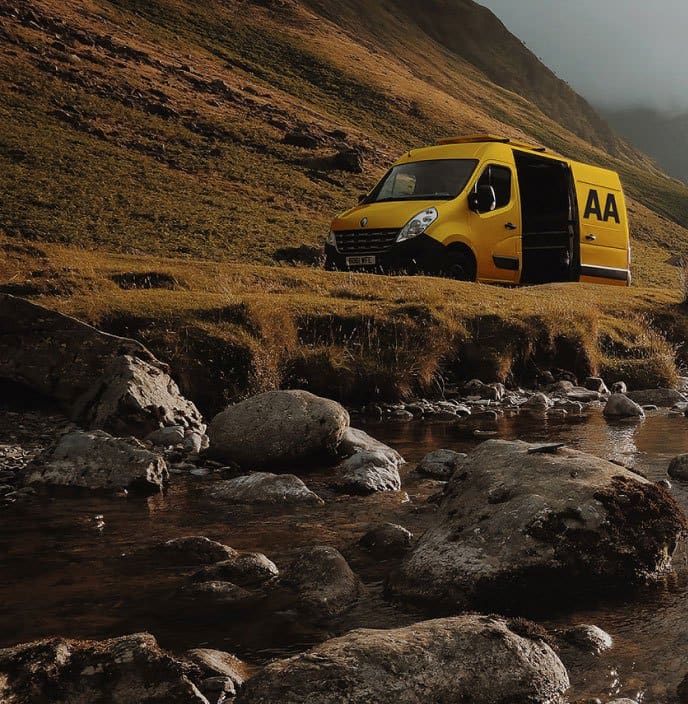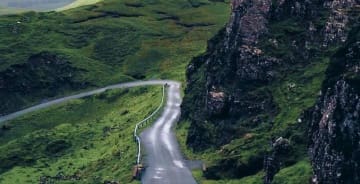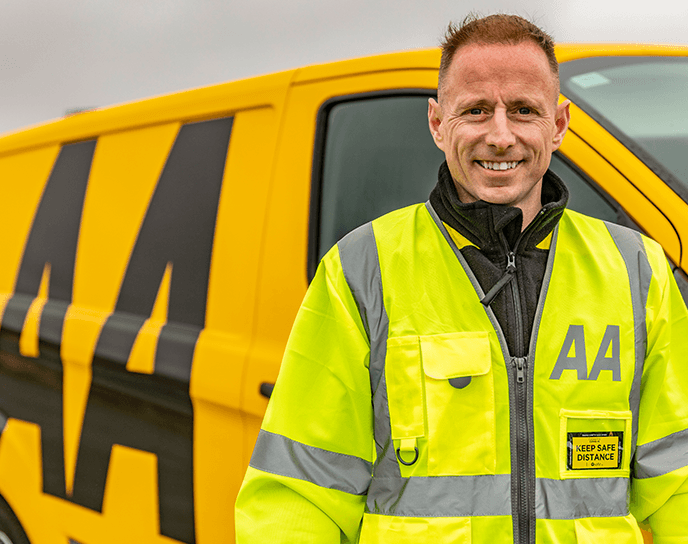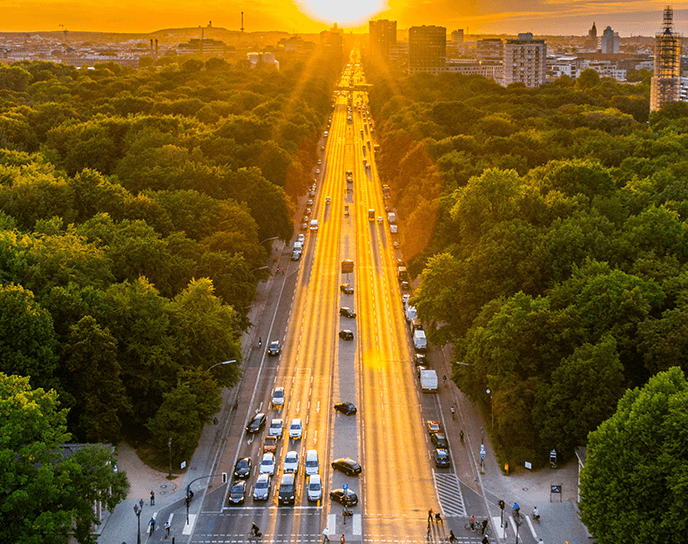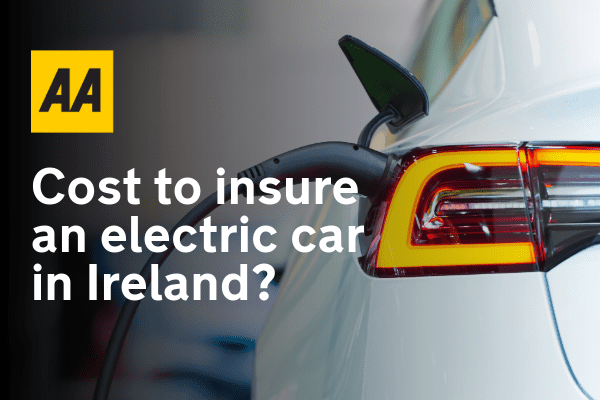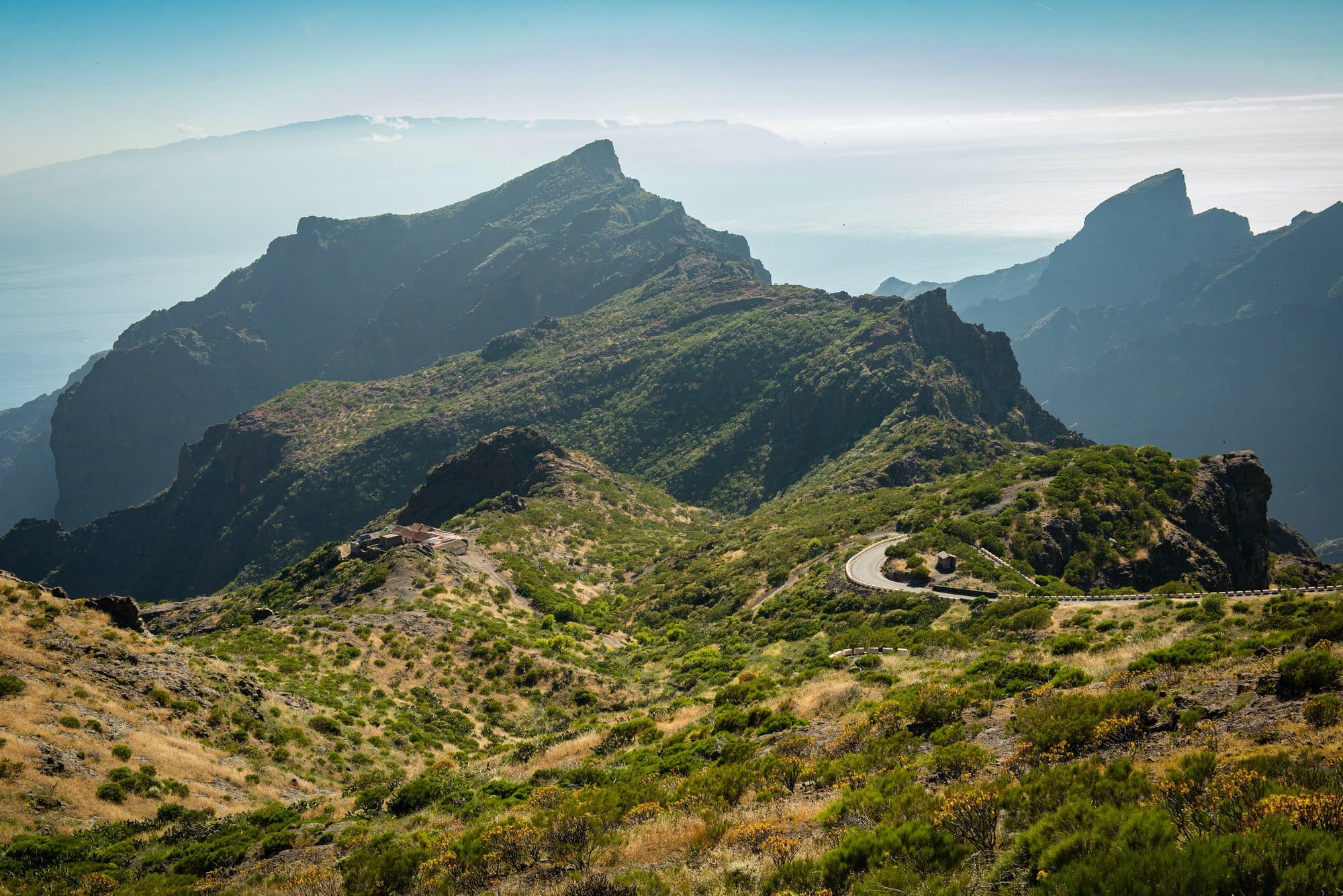Hiring a car anywhere abroad should be a relatively easy and transparent process, but very often it is not and is something that can cost you dear when you get home. The array of insurances and confusing conditions can make it virtually impossible to make an informed judgement – there’s a chance that you either take out unnecessary insurance or face additional and often considerable costs later.
Hiring a car anywhere abroad should be a relatively easy and transparent process, but very often it is not and is something that can cost you dear when you get home.
The array of insurances and confusing conditions can make it virtually impossible to make an informed judgement – there’s a chance that you may either take out unnecessary insurance or face additional and often considerable costs later.
- Plan Ahead
If you leave it to the last minute and simply pick a car hire desk at random when you arrive at your destination airport you’ll have no idea if you’re getting a good deal or not. The best advice is to plan ahead and book before you travel. This will give you plenty of time to read and understand the conditions of hire and consider the cost and value of any additional charges.
2. When You’re There
To help you plan accordingly, we’ve listed advice below for hiring and driving a car in countries such as Spain, Portugal, France and Italy.
3. Spain
- Who can I rent from? Many well-known car-hire brands have offices throughout Spain such as Hertz, Avis, Europcar, and Alamo. If you’re an AA Member you can save up to 10% on global car hire.
- What about tolls? Spain has a large number of tolls dotted throughout the country – inconvenient at times, but these roads enable easier access than their alternatives. You can view a list of toll prices in Spain here.
- Is there anything else I should know? Hire cars are often targeted in service areas or tricked in to stopping on the hard shoulder by the occupant of a passing vehicle. They will gesture that something is wrong with the vehicle, so lock all doors and keep bags out of sight. The number of thefts by bogus policemen has increased in Madrid and Catalonia. It’s also worth remembering to bring the same credit card to the rental check-in desk that you initially booked with.
- Fuel Prices
Unleaded: €1.25 – Diesel: €1.17
- Advice from AA spokesman Conor Faughnan: “More Irish people drive abroad in Spain than anywhere else so lots of people have had the experience. The Spanish have spent hugely on their roads and the motorway network is excellent but it can be scary.
We are spoilt in Ireland because our motorways are new and feel comfortable in terms of lane widths and hard shoulders, compared to Spain especially. I saw a truck driver trying to change a wheel near Barcelona a year or so ago on a hard shoulder that was only half the width of his vehicle.
What you do find though, are plentiful good quality service areas (National Roads Authority please take note).
Spanish motorways are a good deal cheaper than France but they too are sprinkled with toll booths. Often the toll itself is set according to by-laws or converted from old peseta or franc denominations. Hence, you get utterly stupid charges like €2.56 that have tourists wrestling for small coins.
The Spanish have got their act together more recently in terms of enforcement. If you haven’t been in a while, you might be tempted to treat their speed-camera signs as just roadside decoration. A mistake – Spanish, French and Italian authorities can and do pursue you, and you will get an unpleasant demand in the post weeks later for anywhere between €45 and €80.
Especially in tourist areas, park carefully. It’s not just bag-snatchers – many parts of Spain are notorious for cars with dents and scratches.
4. Portugal
- Who can I rent from? Many well-known car-hire brands have offices throughout Portugal such as Hertz, Budget and Thrifty.
- What about tolls? Tolls are charged at several motorways throughout Portugal. It is compulsory to either carry a Temporary Electronic Toll Device (DEM) or pre-pay tolls. This is required for many motorways throughout Portugal. The official guide to paying tolls can be viewed here but we understand the toll motorways to be the A4, A17, A22, A23, A24, A25, A28, A29, A41 and A42.
- Is there anything else I should know? It’s not unusual to spot police cars at the side of the road with speed guns as speed limits are strictly imposed. In built-up areas, drive at 31 mph (50 km/h), outside built-up areas at 55 mph (90 km/h) or 62 mph (100 km/h) and on motorways at 74 mph (120 km/h).The minimum speed on motorways is 31 mph (50 km/h). Motorists who have held a driving licence for less than one year must not exceed 55 mph (90 km/h). In some town centres the speed is reduced to 12 mph (20 km/h).
- Fuel Prices
Unleaded: €1.41 – Diesel: €1.23
- Advice from AA spokesman Conor Faughnan: “There wasn’t just a Celtic Tiger in Ireland – Portugal had one as well. They invested very heavily in infrastructure so like Ireland, Portugese motorways are good quality modern ones.
In years gone by the Portugese road safety record was appalling, one of the worst in Europe and far worse than Ireland’s even when ours was a disgrace. However times have changed all around Europe and in Portugal standards have improved to the point where you will hardly recognise them if you are remembering a trip from a decade ago.
Even so, these roads are relatively more dangerous than Irish ones. In tourist areas especially you do need to concentrate at all times.”
5. Italy
- Who can I rent from? Car-hire is available from Hertz, Avis and Thrifty alongside plenty of smaller independent car-hire firms.
- What about tolls? Tolls are levied on the majority of motorways in Italy. You can calculate tolls here.
- Is there anything else I should know? AREA C (A pollution charge, formerly Eco-pass) is levied in the centre of Milan. Charges apply Mon-Fri and generally from 7.30am until 7.30pm. Drivers must purchase an eco-pass before entering the restricted zone. Tariffs vary according to the emissions of the vehicle. Mopeds and motorcycles are exempt.
Traffic is also restricted in many historical centres/major towns known as ‘Zone a Traffico Limitato’ or ZTL’s, where circulation is only permitted for residents.
- Fuel Prices
Unleaded: €1.65 – Diesel: €1.52
- Advice from AA spokesman Conor Faughnan: “The Italians have a reputation for being warm, friendly, chaotic, stylish and disorganised. It is a wonderful country to visit but in keeping with the clichés their roads can be difficult for visitors. I drove in northern Italy a number of years ago and it is a Mecca for car nuts. At one stage, as we sat in traffic in our diesel Ford Fiesta hire car, I noted that the car in front and the two cars behind me were all Ferraris. We also took a spin up into the Italian Alps. I gather the scenery was lovely; I didn’t get to see it. Along twisted mountain roads that looked like they were straight out of The Italian Job, my abiding memory was of dodging the bikers flinging themselves into hairpin bends. I half-expected to see piles of smashed bikes at the base of the cliffs.
Don’t let it put you off. Italy has a good quality modern network, and while town and city centres probably do require an experienced and calm visiting driver the general driving environment feels safe and secure. Motorways are extensively tolled but are far cheaper than France and more comparable to Spanish rates.”
6. France
- Who can I rent from? You can rent from companies like Hertz, Sixt and Argus Car Hire. Rental vehicles in France come with unlimited third party liability insurance included in the initial price.
- What about tolls? Pay-as-you-go tolls are charged on most motorways in France. You can pay toll fees by credit card or cash.
- Is there anything else I should know? “French authorities are quite stringent on all motorists carrying the correct documents and compulsory equipment when driving. These include a warning triangle and a reflective jacket. The jacket must be kept within the passenger compartment of the vehicle and be put on before exiting the vehicle in an emergency/breakdown situation. It is absolutely prohibited to carry, transport or use radar detectors. Failure to comply with this regulation involves a fine of up to €1,500 and the vehicle and/or device may be confiscated.
- Fuel Prices
Unleaded: €1.39 – Diesel: €1.39
- Advice from AA spokesman Conor Faughnan: “France is a beautiful part of the world and the roads make it easy. On the motorways especially, you quickly forget that you are abroad. The locals are reasonably friendly provided you don’t bring bad Irish motorway habits with you. Our tendencies to hog the outer lane or to switch lanes without indicating do not go down well.
The Autoroutes are peppered with tolls and they really add up. As a rule of thumb it is usually between 0.07-0.10 cent per kilometre travelled, add about half that again if you are towing a caravan. I did a 375km trip in the south of France last year and it cost nearly as much in tolls as it did in fuel: €31.00
French traffic police are notorious and their law is tough. Treat them as formally as you would airport security or you may regret it just as much. They are much more laid back off the roads but be warned. Don’t dream of taking an alcohol-risk.
Don’t ignore speed cameras either – they work and you’ll find a charge either applied to your card or sent to you back home in Ireland.”
7. For Peace of Mind
• Damage – check the car for damage with an employee from the car rental company before signing a rental agreement, and again when the vehicle is returned. Have the damage-free condition confirmed in writing, or note any damage. Disputes can sometimes arise after you arrive home so it’s a good idea taking the time to take some phone pictures of the car both when you pick it up and when you return it.
• Controls – Check all the switches, indicators and other controls carefully and if any are unfamiliar or don’t work, ask the rental firm for guidance
• Refuelling – check the refuelling requirements in advance and keep fuel bills as proof of a full tank when the vehicle is returned. Consider taking a photo of the fuel gauge, particularly if dropping the car off without a hire company employee present.
• Insurance cover – third-party insurance is a must but in some countries the minimum statutory cover may be higher and if cover is insufficient, the hirer is personally liable for the excess. There may be a charge to increase cover.
• Additional insurance – if you can, choose comprehensive damage cover without an excess, but check what is actually covered as some may exclude damage to tyres, rims, the underbody or stone chips.
• Theft insurance – recommended if this is not included in the comprehensive insurance.

